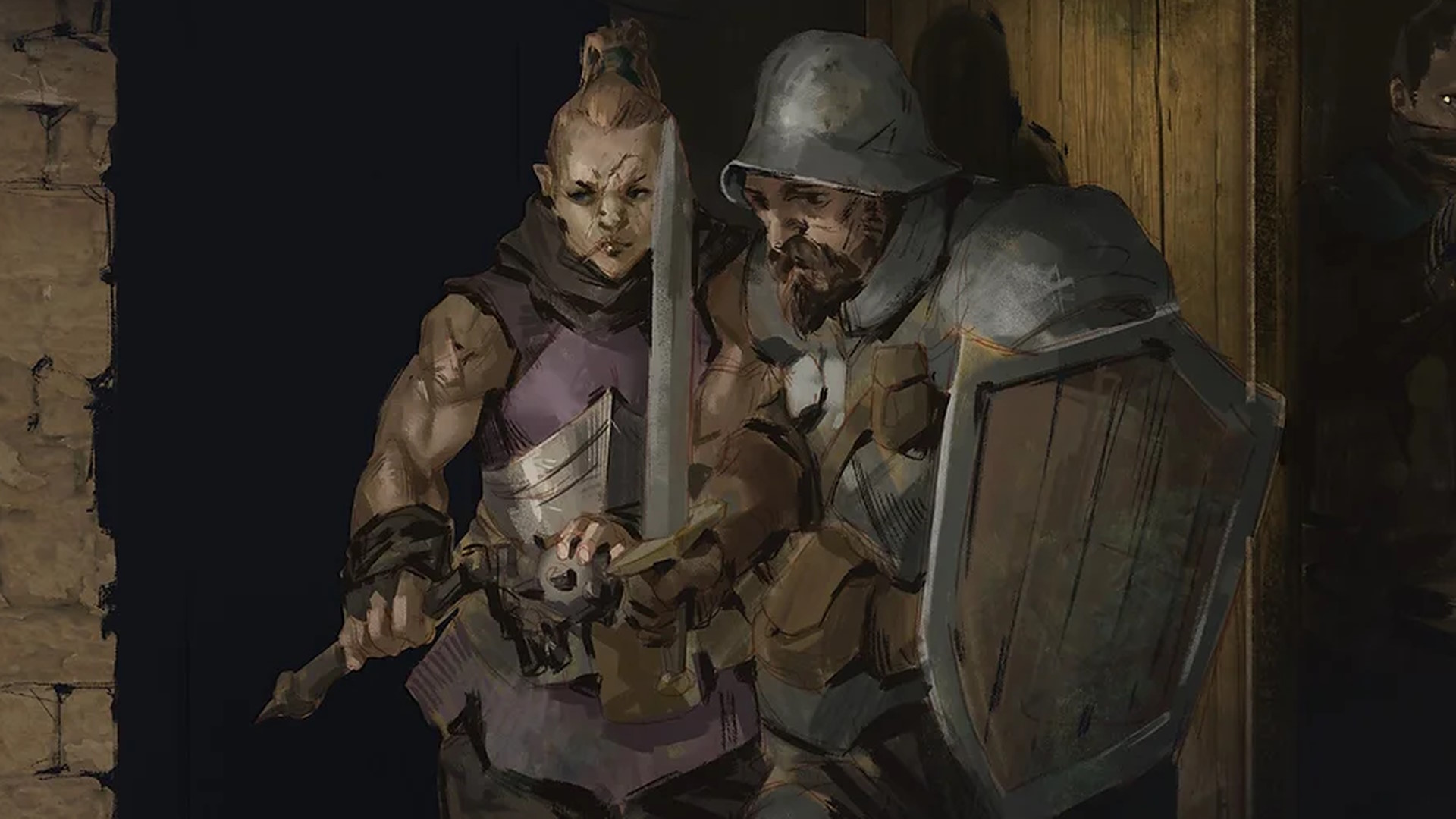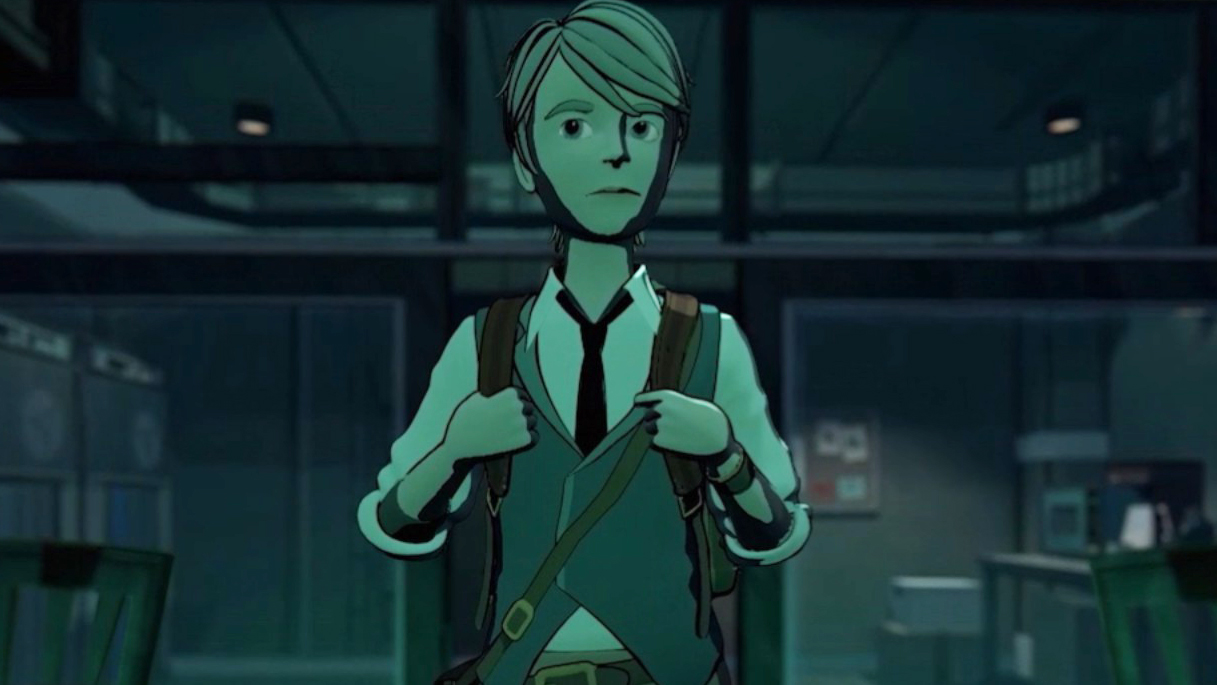You may know Inkle from interactive storygames like 80 Days, Heaven’s Vault, Overboard!, and the Steve Jackson’s Sorcery! Series. All of these games were made with Ink, a scripting language the studio created that uses markup instead of script, and came with Unity integration built-in. Given how badly Unity dropped the ball then also tripped over the ball then ate the ball while rolling around in dirt this year, it makes sense developers with an interest in using Ink might want to divorce it from Unity.
Now they can, thanks to Nick Slaven, technical director at The Chinese Room, the studio that made its name with a Half-Life 2 mod turned foundational walking sim, Dear Esther—though nowadays it’s working on nautical horror game Still Wakes the Deep and long-awaited RPG sequel Vampire: The Masquerade – Bloodlines 2.
The Unreal Engine plugin for Ink is called Inkpot, and like Ink it’s open source. You can download Inkpot from The Chinese Room’s Github page. It’ll work with any version of Unreal from 5.3 onward, and Ink version 20.
Ink made it easy to write game dialogue and narrative text in a way non-coders could understand, then import it directly into Unity. It was used in the development of games like Neocab, Haven, Sable, Wayward Strand, Falcon Age, Where the Water Tastes Like Wine, Goodbye Volcano High, Dance of Death: Du Lac & Fey, Signs of the Sojourner, and a previous Vampire: The Masquerade game, Coteries of New York.










